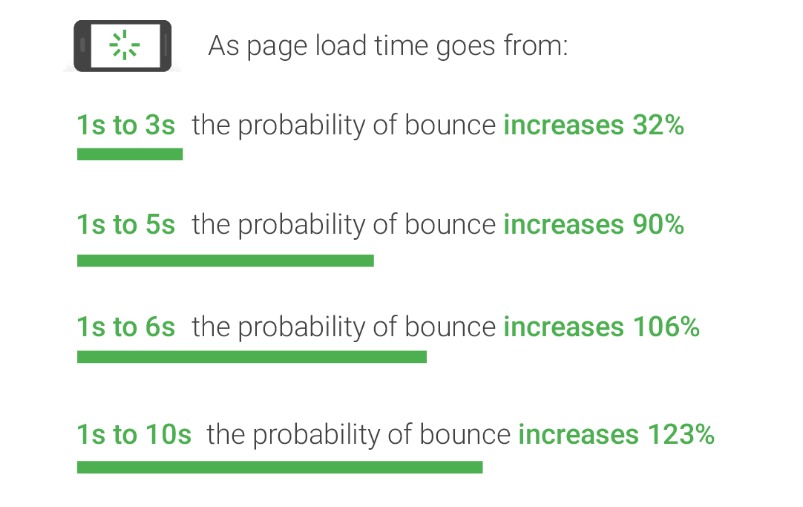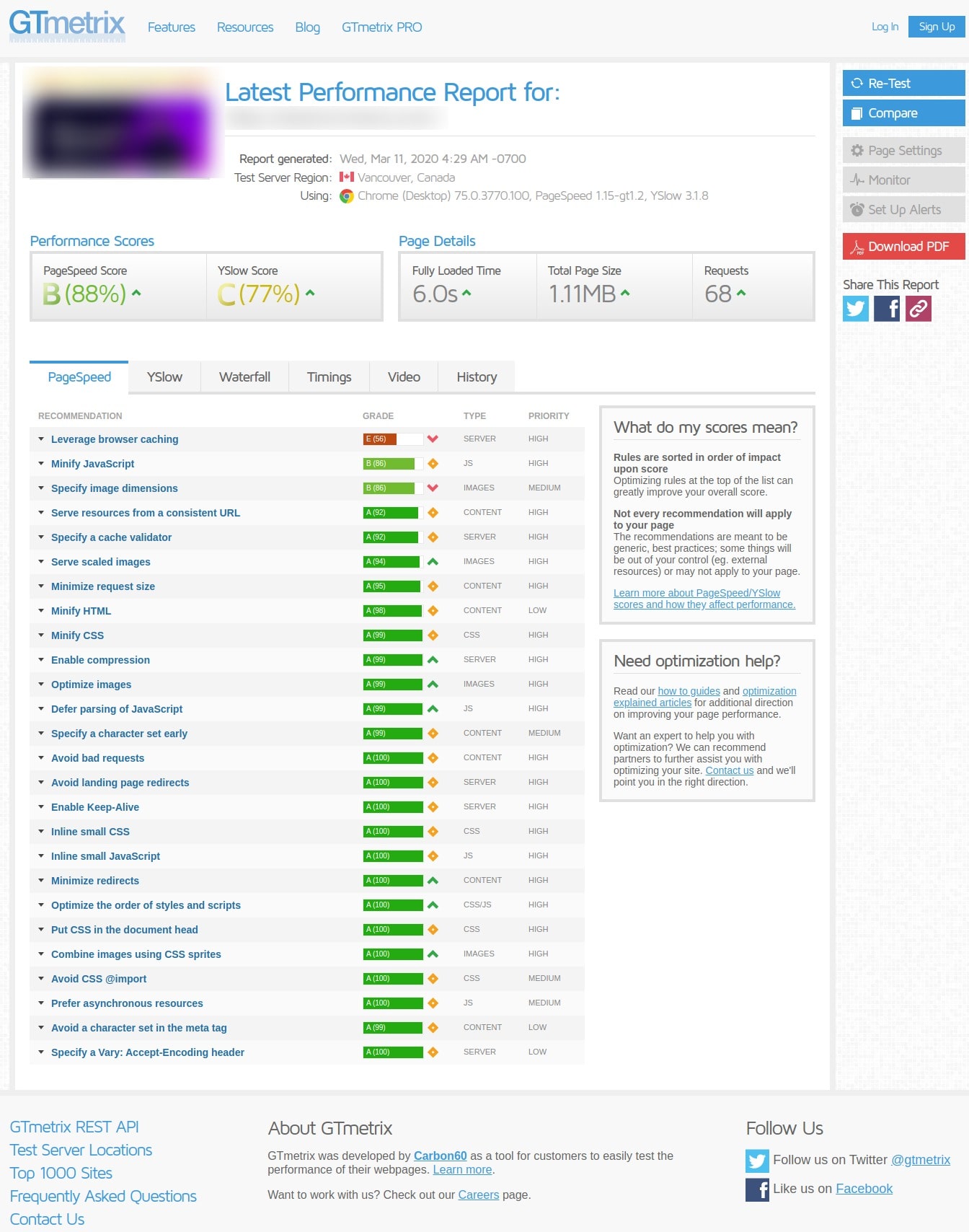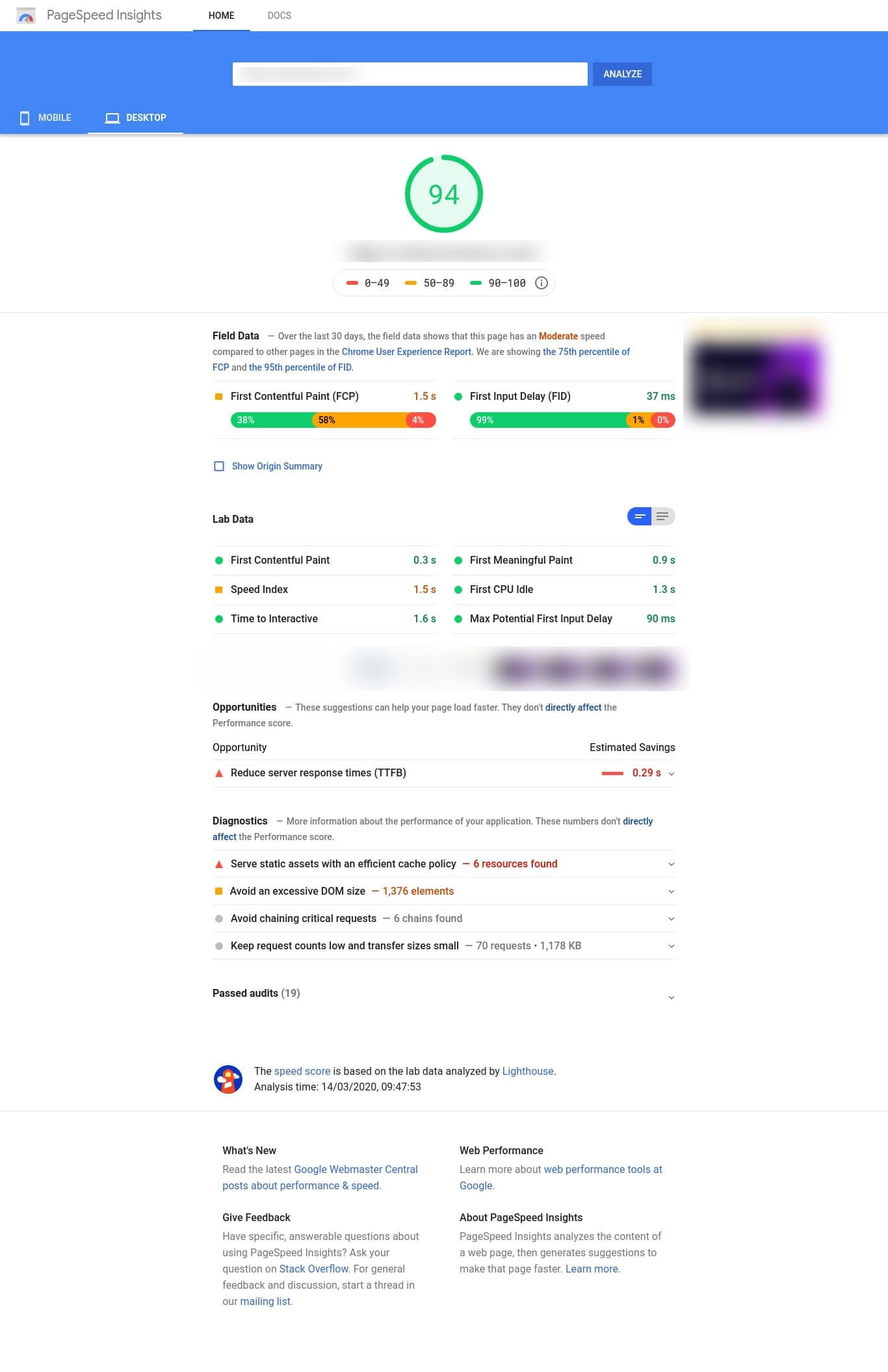Importance of Magento Store Optimisation

Before we come on to page speed let us first understand the factors which are responsible for the slow speed of Magento 2.
Why is Magento 2 slow?
The reasons that make Magento 2 slow are:
- Third-Party Extensions
- Obsolete Technical Stack
- Inferior Server performance
- Unavailability of the Latest Stack that comprises Varnish, Redis, Elastic Search Technologies
Third-Party Extensions: The third-party extensions (like Multichannel Integrations) installed in your Magento 2 store significantly slows down the overall performance of the Magento 2 store.
Obsolete Technical Stack: The huge technical stack in Magento 2 store comprises various technologies that are not updated to the latest version.
Server- The performance of the server is another major reason behind the slow speed of Magento2. The server chosen should be efficient for the eCommerce store. A high Time to First Byte(TTFB) makes the performance slow.
Unavailability of Latest Stack- Magento 2 recommends having the latest stack of Varnish, Redis & Elastic Search. These are the extra packages needed to deliver a super speedy web experience.
Now let’s learn about Page Speed.
What is Page Speed?
Page Speed is referred to as the page loading speed of contents on the website. The page speed is dependent on several factors like the site’s server, page file size, and image compression. Well, the faster the web page, the more efficient it becomes for the users. As many of them say that page speed is the same as site speed, but it is NOT. Site speed is the average of several pages on a website.

Yes, it’s correct that the users abandon pages that take too long to load. So is there a way to escape out of this long time?
Definitely Yes! The escape is Page Speed Optimisation.
The ideal load time for a page is 2 seconds.
What is Page Speed Optimisation?
Page speed optimization is the process of optimizing the page to reduce its loading time. Page Speed Optimisation is necessary not only for your users but also for Google, as there is a connection between page speed and SEO, so it is important that the page loads quickly for a better user experience. The faster the content on the page loads the higher is the chance of it to rank on the search engine. The quick loading pages are more appealing to the site visitors and consequently decrease the bounce rate.
Why is Page Speed Optimisation a major factor when it comes to SEO?
As discussed above, pages with higher load time have a higher bounce rate percentage and tend the users to get frustrated with slow loading. Google measures time to the first byte when considering the page speed. The consistent increase in the bounce rates decreases the overall ranking on google. Thus, Page speed acts as a crucial ranking factor for search engines.
Effect of Slow Page Speed on Your Magento Business-
Apart from SEO, slow page speed also impacts engagement, conversion, and brand advocacy. If your Magento eCommerce store is making $100,000 per day and if there is a 1-second page delay then that will lead to a $2.5 million loss in sales every year.
Impact on Sales and Revenue:
The slow page speed and unalluring online Magento business directly affect your sales. When it comes to the store speed the customers become more impatient and do not wish to buy from that website. 1 out of 5 online shoppers abandon their cart due to the slow transaction process, hence affecting sales and revenue.
Impact on Conversion:
In an online business, it is very convenient for the customers to leave the site in just a few back clicks and switch to another store for their shopping if the information or the product is not what they wished for. User Experience becomes the ultimate factor impacting conversion rates on your online business.
Facts and Figures on Page Speed:
- 47% of users expect a web page to load in 2 seconds.
- The Website taking more than 3 seconds to load is abandoned by 40% of people.
- A 1-second delay in page speed leads to a 7% reduction in conversion.
- 73% of mobile users say that they have experienced a website with slow page speed.
- 51% of users say that they came across a website that crashed, froze, or had an error.
- 38% of internet users encountered a website that wasn’t available.
- 79% of dissatisfied shoppers from website speed are less likely to buy from that site.

Tools Used for Page Speed Optimisation:
GTmetrix:
GTmetrix is a free tool that provides you with a detailed report of the website’s performance. The page speed performance in this tool is analyzed using Google Page Speed and Yslow. It shows the recommendations to fix the various issues that are affecting the site’s performance.

Google PageSpeed Insights:
PageSpeed Insights is also a free tool to diagnose the problems of the website that slow down the performance. Separate scores, reports, and insights for desktop and mobile are also shown in this tool. It also provides the lab and field data of the website.

Why consider Magento 2 to build your Website?
The following points should be considered while building your store on Magento 2 version-
- The latest version of Magento
- Highly Secure
- Simple & Robust
- More Stable
- Faster than Magento 1
- Improved SEO
- Compatible with 3p Marketplace Integrations
Every Millisecond Counts:
Speed up your Magento store today as with every second you delay, you are losing potential customers.

Similar articles
Product Feed Management in Magento Explained!
Product Feed Management in Magento is not a course for the faint-hearted. I didn’t mean to scare you but it’s the truth. When it comes to managing the product feeds from multiple platforms via the Magento store, even the most veteran sellers drop by the wayside. But… What if I say this whole process can be streamlined. Yes, it’s possible, and many successful merchants have built a successful multi-channel business by doing so.
Walmart API Update | Improve Product Discoverability with New Walmart Item Spec v4.X
Walmart is no longer entertaining any item setup and maintenance requests via Item Spec 3.2 from 1st October 2022.

How Integration is Shaping the World of eCommerce?
eCommerce marketplace Integration helps multichannel sellers efficiently manage different platforms and reach potential customers with ease.

You have reached the maximum per-minute rate limit.
Try again in one minute.
